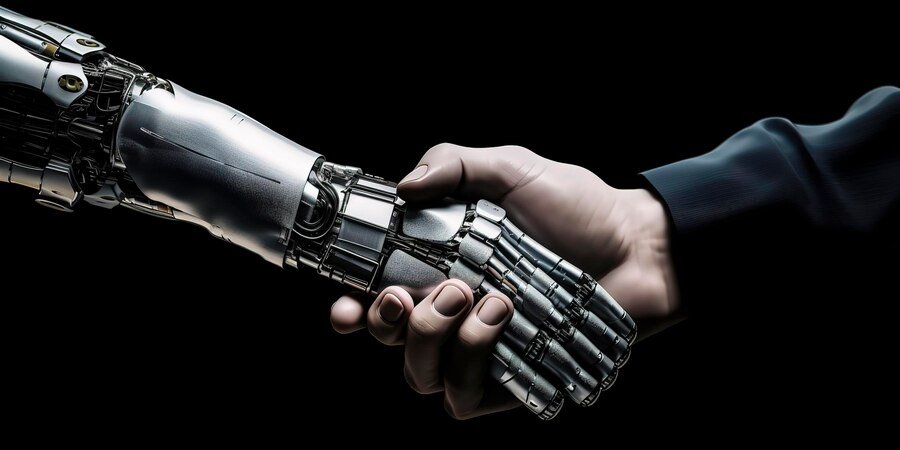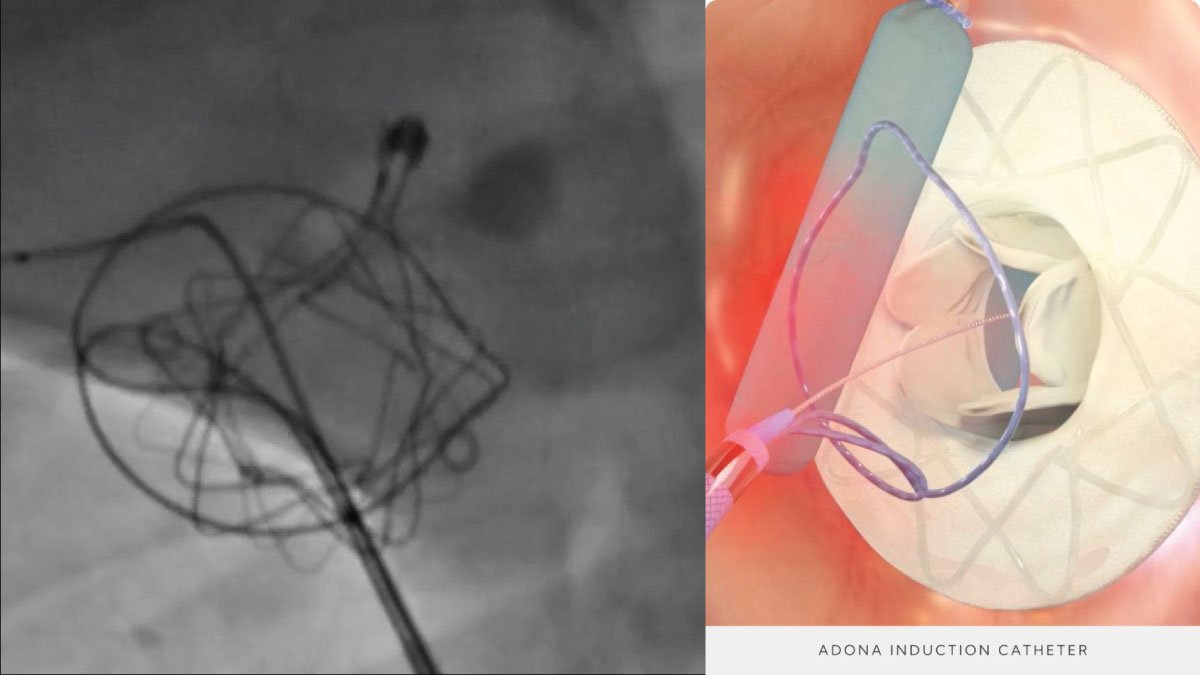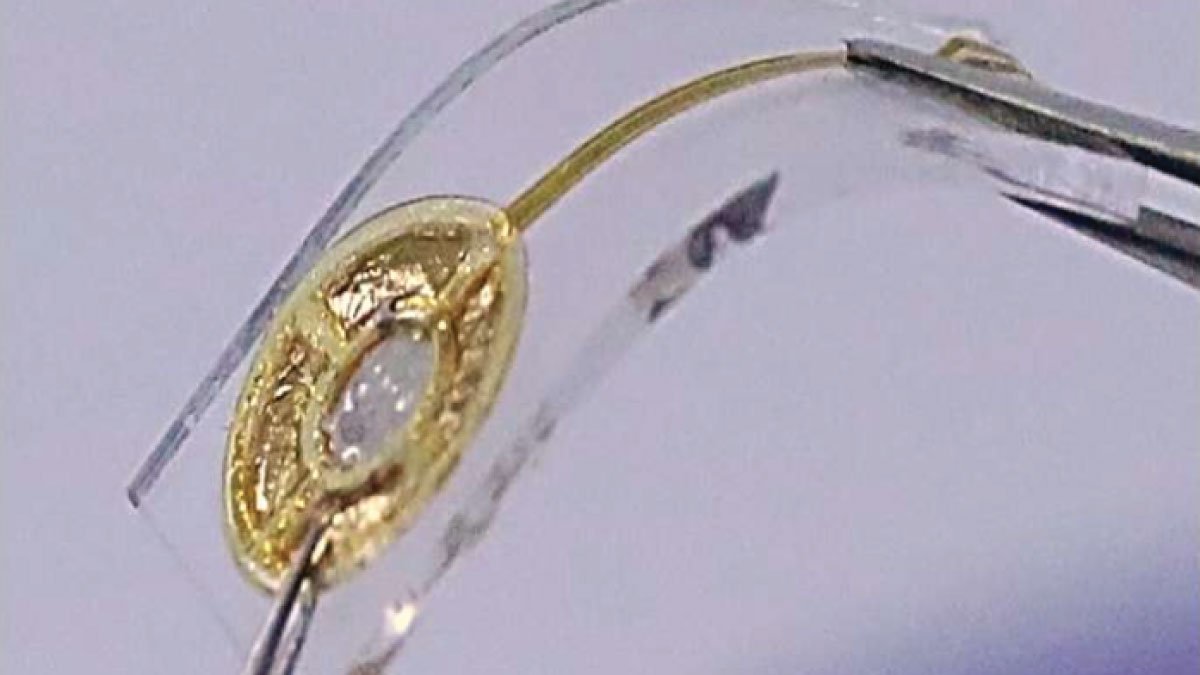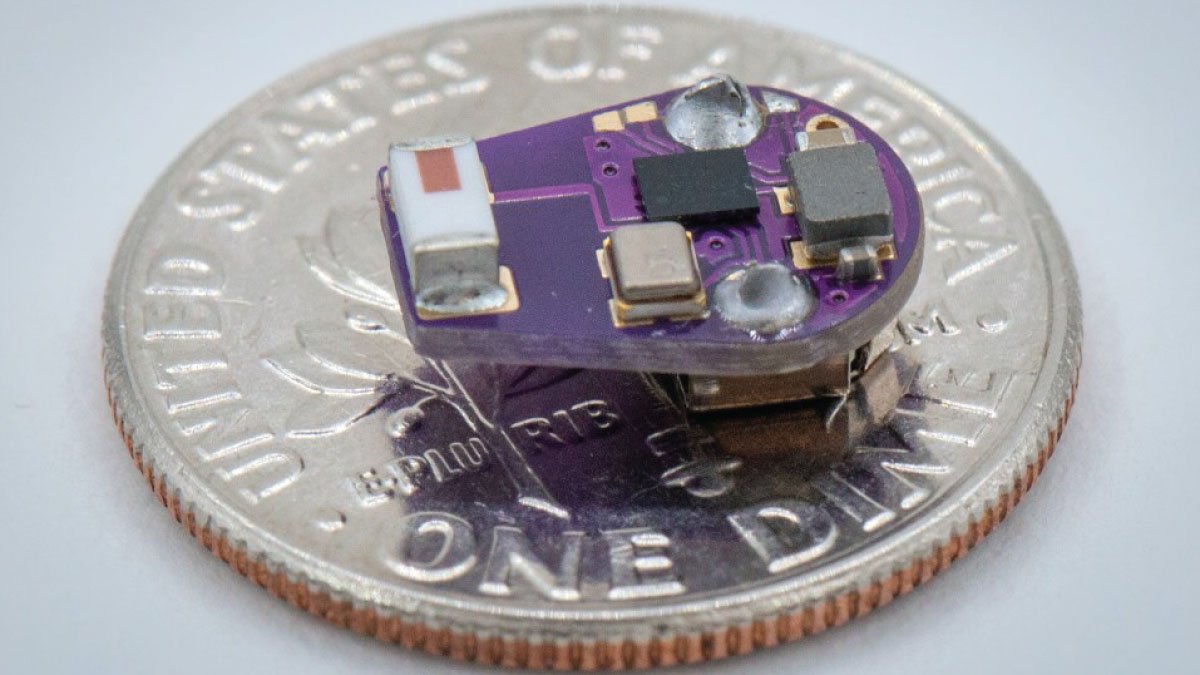The Titanium Maglev Heart: A Breakthrough in Medical Device Technology
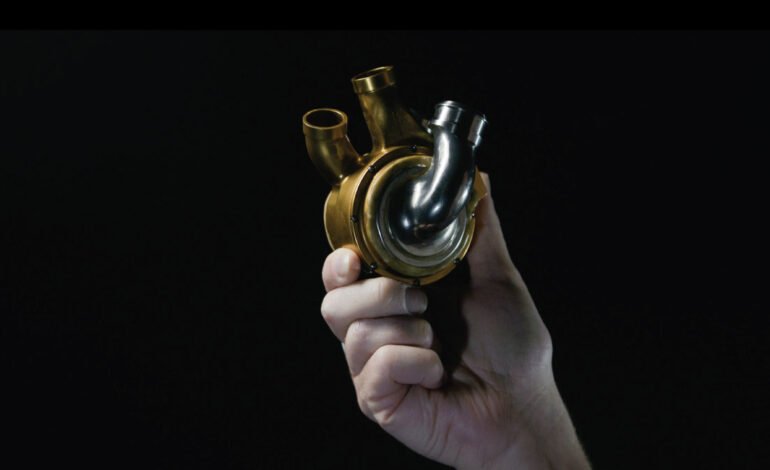
The first BiVACOR titanium maglev heart implanted into a patient, represents a major advance in artificial heart technology.
In a new development, BiVACOR has successfully implanted the world’s first mega-titanium heart into a human patient. This groundbreaking achievement promises a revolution in heart failure and offers new hope for heart failure patients.
The innovative Technology Behind the Titanium Maglev Heart:
The BiVACOR heart combines advanced materials with magnetic levitation (maglev) technology. The heart is made of titanium, a biocompatible metal known for its strength and resistance to corrosion. By using magnetic fields to suspend and rotate the propeller, Maglev technology allows the heart to work without mechanical wear, reducing friction and increasing life.
Advantages of the Titanium Maglev Heart:
- Long life and durability: The use of Titanium and Maglev technology ensures minimal mechanical wear and increases the life of the device.
- Reduce the risk of problems: By eliminating mechanical contact, the problem of the formation of swelling and subsequent stroke is greatly reduced.
- Better patient quality of life: The Maglev heart design aims to balance heart function and increase the quality of life for patients.
- Advanced compatibility: Biocompatibility with titanium reduces the risk of contraindications and improves heart rate for long-term implantation.
Potential Applications in Medical Devices:
The successful implantation of the BiVACOR titanium maglev heart paves the way for its use in a variety of medical conditions:
- Bridge to Transplantation: It provides a short-term solution for patients awaiting heart transplants.
- Permanent solution: provides a long-term option for patients who are not eligible for a heart transplant.
- Pediatric applications: Adaptation of this technology may be beneficial for pediatric patients with congenital heart disease.
Future Trends and Implications:
The successful implantation of the Titanium Maglev heart represents a revolutionary change in the field of artificial organs. Future trends may include:
- More research and development: Continued advances in materials technology and maglev technology will improve the design of artificial hearts.
- Larger clinical studies: Larger clinical studies to confirm the efficacy and safety of the heart in different patient populations.
- Integration with other technologies: Potential integration with tracking devices and artificial intelligence to provide health data and predictive analytics.
Conclusion:
The successful implantation of the world’s first titanium maglev heart by BiVACOR is a major milestone in medical device technology. This innovation not only improves patient outcomes, but opens the way for further advances in artificial heart design and use. With continued research and development, this technology has great potential to save lives and improve the quality of life of heart disease patients.












